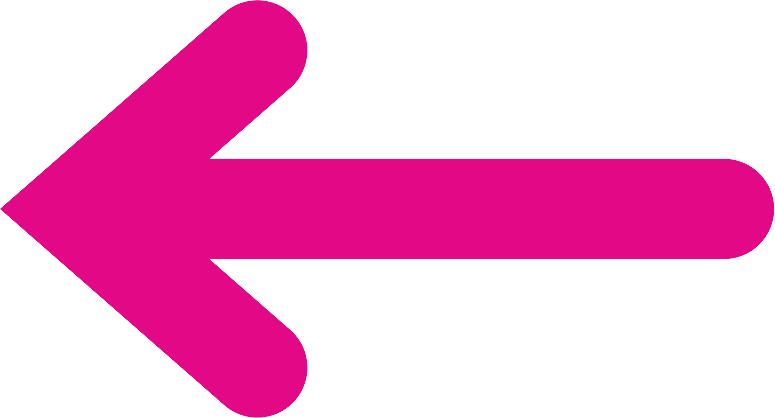Stroke Awareness Month has traditionally been marked by the Make May Purple campaign, which was launched by the Stroke Association, its aim was to raise awareness of stroke and the impact it has on sufferers, their friends and families. It also focused on educating the public on the signs and symptoms of strokes, what causes strokes and what to do if you witness someone suffering a stroke.
The campaign has now ended but we believe that it’s important to keep stroke at the front of people’s minds. Knowing what a stroke is and how to identify if someone is having a stroke could save a life.
What is a stroke?
A stroke happens when the blood supply to part of your brain is restricted or stopped. Brain cells then start to die. There are two different types of strokes:
Ischaemic stroke
An ischaemic stroke is where a blood clot stops the blood supply getting through and is the cause for around 85% of cases.
Haemorrhagic stroke
This is caused by a weakened blood vessel in the brain bursting.
A related condition is called Transient ischaemic attack (TIA) which is also known as a mini stroke. Here the blood supply to the brain is temporarily interrupted for anything up to 24 hours.
What factors causes a stroke?
As we get older, our arteries harden and narrow and are more likely to become blocked which can lead to a stroke.
However, there are other factors that may increase the risk of stroke, including:
- Smoking
- Drinking too much alcohol
- Being overweight or not exercising enough
- Being diabetic
- Irregular heartbeat
- Having high blood pressure
- Having high cholesterol
What are the symptoms of a stroke?
It’s important to understand the symptoms of stroke. One way to remember is by using the mnemonic FAST:
F is for face – the person’s face may start to droop, making it difficult for them to smile. Their eye or mouth may also drop.
A is for arms – the person may be unable to lift their arms.
S is for speech – the person has difficulty with speech which may be slurred or garbled or they may not be able speak at all.
T is for time – if you witness any of these symptoms call 999. A stroke is a medical emergency so the person must get to hospital as soon as possible.
How is a stroke treated?
Treatment for a stroke will depend on whether you’ve suffered an ischaemic or haemorrhagic stroke.
Ischaemic strokes can be treated with medication to prevent blood clots forming although in some cases surgery will be needed to improve the blood supply to the brain.
Haemorrhagic strokes need prompt treatment to control bleeding and reduce pressure in the brain so a surgical procedure known as a craniotomy may be required.
Can you recover from a stroke?
Some people do recover quickly from a stroke, but others may need long-term help with speech, swallowing and mobility as well as emotional support.
Neurology tests and treatments at Benenden Hospital
We understand that it can be worrying to come to hospital for neurology treatment, but we’re caring, discreet and easy to talk to. Alongside our Neurologists, our Neurophysiologists will work to support you with a speedy diagnosis so you don’t have to wait and worry and can get back to being you as quickly as possible.
We offer a range of diagnostic tests and scans to identify high blood pressure and high cholesterol in the blood.
To find out more or to book an appointment, please contact us using our online booking form or by calling 01580 363 158.
Published on 12 May 2022







